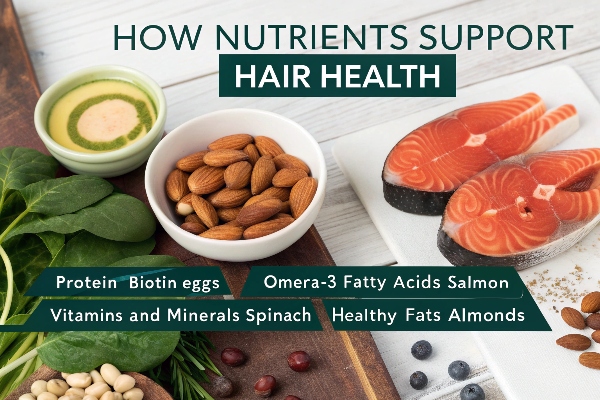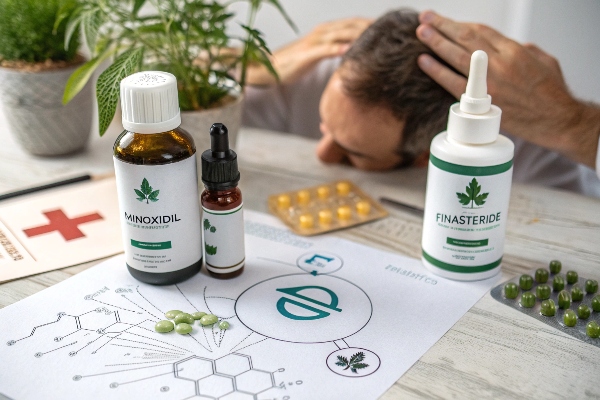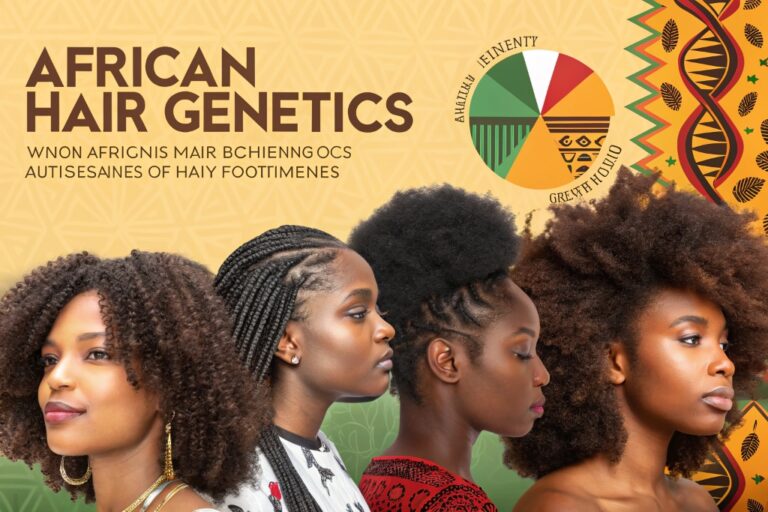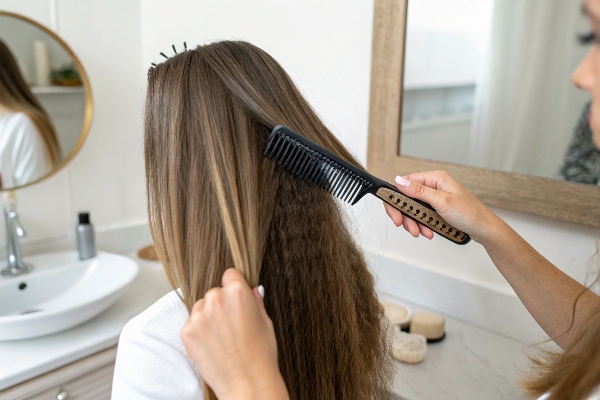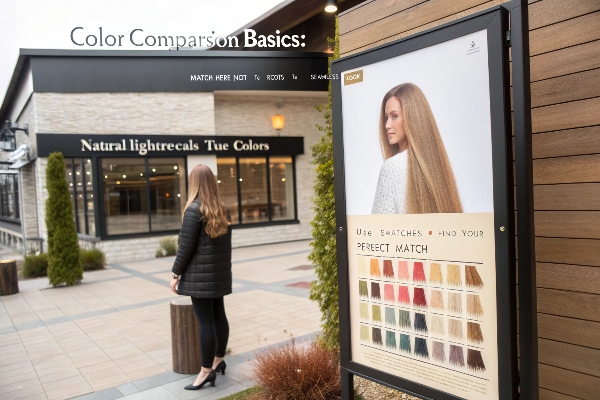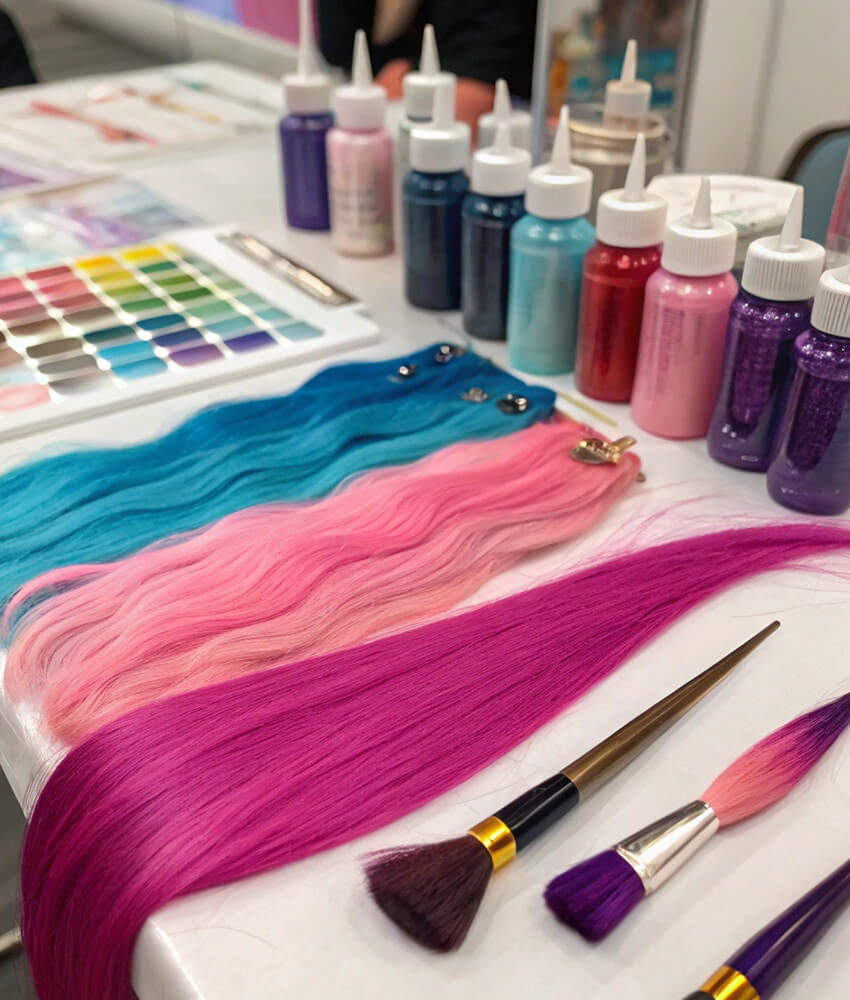Looking for the best hair extensions but confused about terms like "Remy" and "100% Remy"? You’re not alone. Let’s break it down simply.
Remy hair is the highest quality human hair available. It means all cuticles are intact and aligned in the same direction, reducing tangling and increasing longevity.
Many sellers claim to offer "100% Remy hair," but not all deliver. Understanding what makes hair truly Remy will help you avoid scams and get the best value.
What does 100% Remy hair mean?
Ever seen hair labeled "100% Remy" but wondered what that actually guarantees? The term gets misused often in the hair industry.
True 100% Remy hair means every strand maintains its natural cuticle alignment from root to tip. This ensures minimal tangling and maximum durability.

The Science Behind Remy Hair
Real Remy hair has three key characteristics:
- Cuticle Alignment: All cuticles face the same direction
- Collection Method: Carefully gathered from donors without cutting
- Processing: Minimal chemical treatment to preserve integrity
| Feature | Remy Hair | Non-Remy Hair |
|---|---|---|
| Cuticles | Intact & aligned | Removed or misaligned |
| Longevity | 1-3 years | 6-12 months |
| Tangling | Minimal | Frequent |
| Cost | Higher | Lower |
The collection process is crucial. Ethical Remy hair comes from temples where donors grow their hair specifically for this purpose. The hair is then carefully bundled to maintain natural alignment.
What is the difference between Remy hair and non Remy hair?
Why does Remy hair cost more than regular human hair? The differences go deeper than just price tags.
Remy hair undergoes special processing to preserve cuticles, while non-Remy hair has cuticles stripped or misaligned during collection.

Understanding the Quality Gap
Non-Remy hair has several drawbacks:
- Tangling: Without aligned cuticles, strands catch on each other
- Dullness: Stripped cuticles reduce natural shine
- Short lifespan: Lasts half as long as Remy hair
Processing methods differ significantly:
Remy Hair Processing:
- Hand-selected strands
- Gentle washing
- Cuticle preservation
- No acid baths
Non-Remy Processing:
- Machine sorting
- Chemical stripping
- Cuticle removal
- Acid treatments
The table below shows how these differences affect performance:
| Aspect | Remy Hair | Non-Remy Hair |
|---|---|---|
| Shine | Natural high gloss | Dull, requires products |
| Manageability | Easy to style | Difficult to comb |
| Shedding | Minimal | Significant |
| Styling | Holds curls well | Loses style quickly |
What’s better, 100% Remy hair or human hair?
Is all human hair equal? This common question reveals a misunderstanding about hair quality classifications.
All Remy hair is human hair, but not all human hair is Remy. 100% Remy represents the premium tier of human hair extensions.

Decoding Hair Quality Tiers
Human hair exists on a quality spectrum:
Synthetic Hair
- Plastic fibers
- Least expensive
- Unnatural look/feel
Non-Remy Human Hair
- Real human hair
- Cuticles removed
- Moderate pricing
Remy Human Hair
- Cuticles intact
- Premium quality
- Higher cost
- Never chemically treated
- Highest grade
- Most expensive
Key considerations when choosing:
- Budget: Remy costs more upfront but lasts longer
- Usage: Frequent wearers benefit from Remy’s durability
- Styling: Remy handles heat tools better
For most users, 100% Remy offers the best balance of quality and value despite the higher initial cost.
Which hair is the best quality?
Searching for the absolute best hair extensions? The answer depends on your specific needs and budget.
Virgin Remy hair represents the pinnacle of hair extension quality, completely unprocessed from root to tip.
The Hierarchy of Hair Quality
Understanding quality levels helps make informed decisions:
Top Tier (Best)
- Virgin Remy Hair
- Never colored/treated
- Cuticles perfectly intact
- Single donor source
High Tier
- 100% Remy Hair
- May have minimal processing
- Multiple donor sources
- Cuticles preserved
Mid Tier
- Non-Remy Human Hair
- Cuticles removed
- Chemical processing
- Shorter lifespan
Basic Tier
- Synthetic Hair
- Artificial fibers
- Least natural
- Lowest cost
For most professionals and serious users, virgin Remy hair offers unmatched quality. However, standard Remy provides excellent quality at a more accessible price point.
What are the disadvantages of Remy hair?
Is Remy hair perfect? While superior to alternatives, it does have some drawbacks worth considering.
The main disadvantages of Remy hair are higher cost and more demanding maintenance requirements.
The Reality of Premium Hair
Key challenges with Remy hair:
Cost Factors
- Initial investment 2-3x non-Remy
- Requires quality care products
- Professional installation recommended
Maintenance Needs
- Special shampoos/conditioners
- Regular deep conditioning
- Proper storage required
Availability Issues
- Limited ethical sources
- Counterfeit products common
- Quality varies by supplier
Despite these factors, most users find the benefits outweigh the drawbacks. Properly cared for Remy hair maintains its beauty far longer than cheaper alternatives.
How long does 100% remy human hair last?
Wondering if Remy hair’s longevity justifies its price? With proper care, it outlasts alternatives significantly.
High-quality 100% Remy hair can last 1-3 years with appropriate maintenance, far exceeding non-Remy hair’s 6-12 month lifespan.
Maximizing Remy Hair Lifespan
Several factors determine how long Remy hair lasts:
Care Routine
- Wash every 7-10 days
- Use sulfate-free products
- Deep condition weekly
- Air dry when possible
Usage Habits
- Limit heat styling
- Brush gently from ends up
- Store properly overnight
- Avoid chlorine/saltwater
Installation Method
- Professional application
- Proper tension adjustment
- Regular maintenance appointments
- Timely removal/reinstallation
Following these practices helps protect your investment and maintain the hair’s natural beauty over time.
How to tell if Remy hair is real?
Concerned about fake Remy hair claims? These verification methods help ensure you get genuine quality.
Real Remy hair has aligned cuticles that create smooth texture and minimal tangling, unlike counterfeit versions.
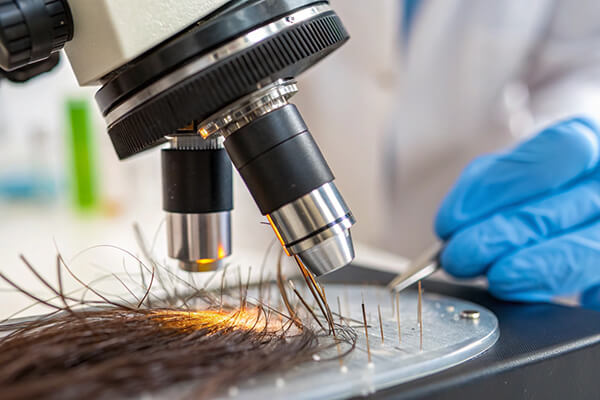
Spotting Genuine Remy Hair
Use these tests to verify authenticity:
Visual Inspection
- Shine should be natural, not plastic-like
- Ends shouldn’t look frayed or split
- Color consistency root to tip
Touch Test
- Smooth when stroked downward
- Slightly resistant upward
- No excessive shedding
Water Test
- Sinks slowly in water
- Absorbs water evenly
- Doesn’t float
Burn Test
- Burns slowly with smell of burning hair
- Leaves fine ash residue
- Doesn’t melt or ball up
Purchasing from reputable suppliers like Findingdream Hair ensures you receive authentic Remy hair with proper documentation.
Why is Remy hair so expensive?
Shocked by Remy hair prices? The cost reflects extensive quality control and ethical sourcing practices.
Remy hair commands premium prices due to meticulous collection methods, limited supply, and superior performance characteristics.
Understanding the Value Proposition
Key factors driving Remy hair costs:
Sourcing Challenges
- Ethical donor compensation
- Temple collection processes
- Single-donor matching
- Geographic limitations
Production Costs
- Hand-sorting strands
- Specialized washing
- Cuticle alignment
- Quality testing
Performance Benefits
- Longer usable life
- Better styling results
- More natural appearance
- Higher client satisfaction
While expensive, Remy hair often proves more cost-effective long-term due to its extended lifespan and better performance.
Can Remy hair get wet?
Worried about water damaging your Remy hair extensions? Proper care allows safe water exposure.
Yes, Remy hair can get wet, but requires specific care to maintain quality when exposed to water.
Water Exposure Guidelines
Best practices for wetting Remy hair:
Safe Water Activities
- Showers (with proper prep)
- Swimming (with protection)
- Light rain exposure
Riskier Situations
- Chlorine pools
- Saltwater oceans
- Hot tubs/steam rooms
Protection Methods
- Pre-wet with clean water
- Apply leave-in conditioner
- Wear swim caps
- Rinse immediately after
Drying Process
- Pat dry gently
- Use microfiber towels
- Air dry when possible
- Avoid rough rubbing
With proper precautions, Remy hair maintains its integrity through occasional water exposure.
Is Russian or Remy hair better?
Debating between Russian and Remy hair types? They represent different classification systems with distinct advantages.
Remy refers to cuticle quality while Russian describes hair origin and characteristics – they’re not directly comparable.

Comparing Hair Classification Systems
Understanding the differences:
Russian Hair Traits
- Origin: Slavic regions
- Texture: Fine to medium
- Color: Natural blondes
- Density: Lower strand count
Remy Hair Traits
- Quality: Cuticle alignment
- Source: Various regions
- Texture: Depends on origin
- Processing: Minimal
Which to choose depends on needs:
| Need | Recommended Type |
|---|---|
| Fine, light hair | Russian |
| Durability | Remy |
| Dark colors | Remy (Asian/Indian) |
| Budget | Non-Remy human |
Many premium blends combine Russian hair’s characteristics with Remy processing for optimal results.
Conclusion
Remy hair offers superior quality with aligned cuticles that reduce tangling and increase longevity. While more expensive, its performance justifies the investment for serious users.
Discover why Virgin Remy Hair is the top choice for quality and longevity, perfect for those seeking the best in hair extensions. ↩

